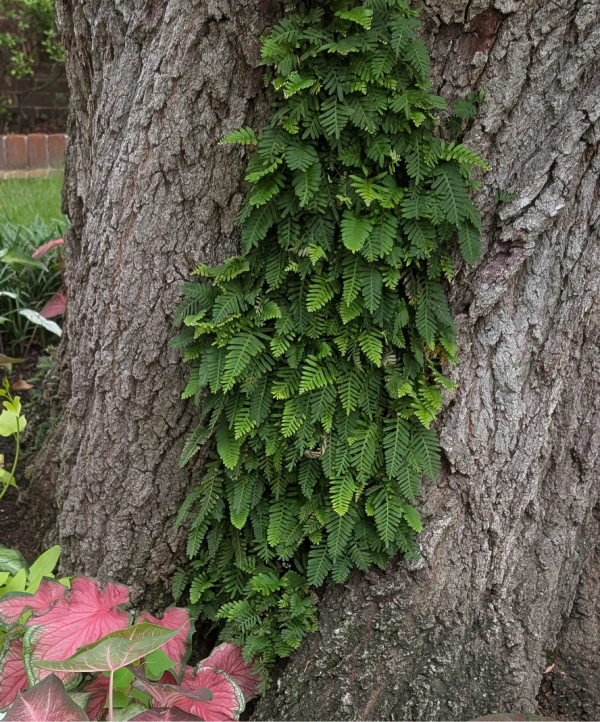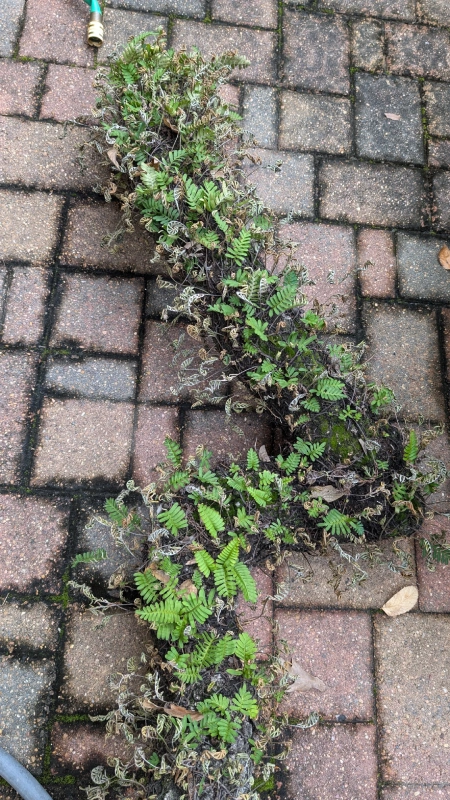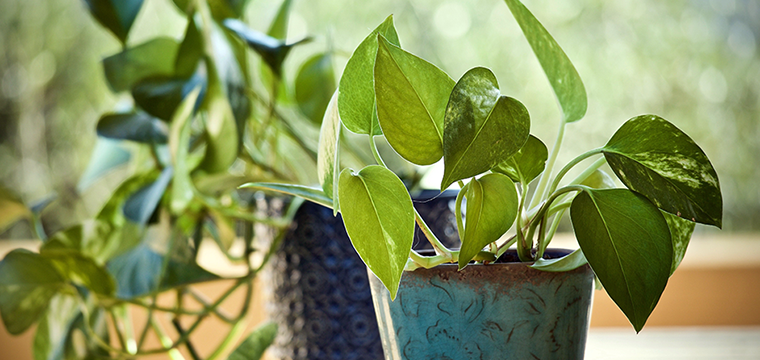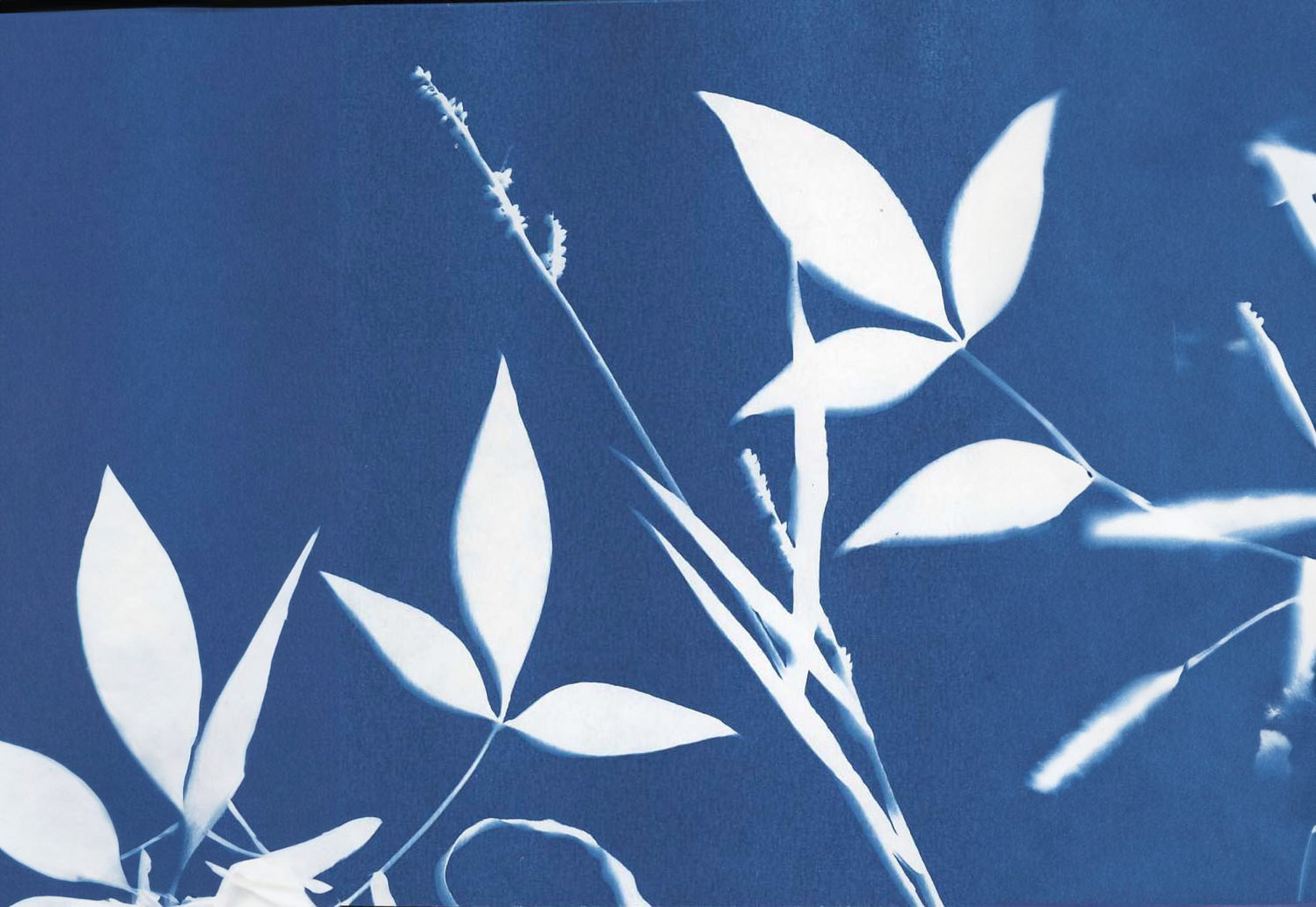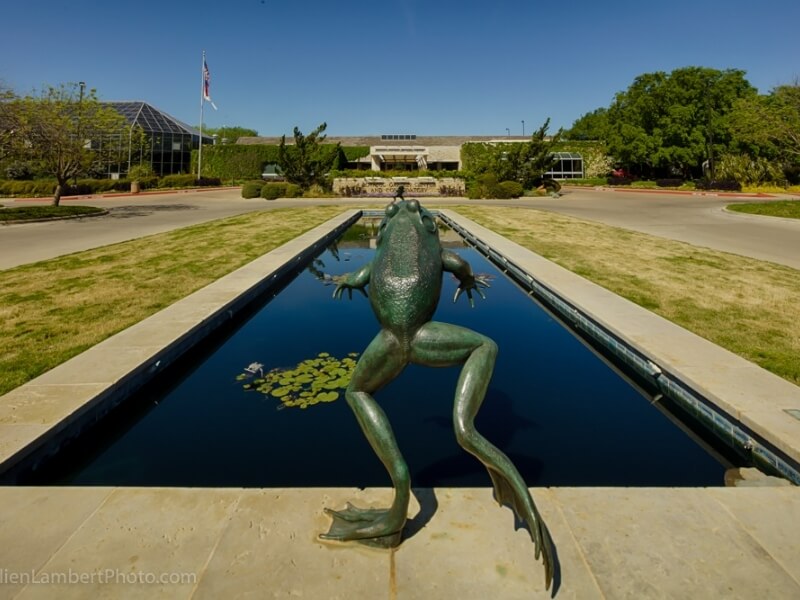BRIT Lunchtime Lecture – Unfurling Mechanisms of Desiccation Tolerance: An Ultrastructural Perspective
About the Research Lecture Series
The BRIT Research Lecture Series is designed to create community wide conversation about a diverse range of important and rapidly developing topics. This series gives scientists and speakers a forum for sharing the most current information about their areas of expertise and allows the public to interact with leading members of the local, national, and international scientific community.
Abstract
Desiccation tolerance is a multifaceted trait, from which we may be able to glean new biotechnological strategies for the dry storage of biological materials and for engineering stress tolerance into other organisms. Desiccation tolerant organisms can survive losing as much as 97% of their water content by entering a state of suspended animation. Once water is available again, they readily rehydrate and resume metabolism. For the fern Pleopeltis michauxiana, this rehydration occurs in as little as 2 hours, remarkably fast compared to other vascular resurrection plants. We are using multi-omics (transcriptomics, metabolomics, and proteomics) to determine how the biomolecular landscape changes as a function of water status in situ. We are also studying how the subcellular landscape, including genome architecture, changes in dry, hydrated, and intermediate water statuses. In this presentation, I will focus on the drastic ultrastructural changes observed at different water statuses and how these may relate to the fern’s unusually swift recovery.
About the Presenter
Olivia M. S. Carmo is an NSF Postdoctoral Research Fellow (Plant Genome Research Program) in the lab of Dr. Steven Boeynaems at Baylor College of Medicine in Houston, TX. Her current research focuses on the resurrection fern Pleopeltis michauxiana, a native species found in the Houston area, to investigate the genomic and cellular mechanisms underlying desiccation tolerance, particularly how genome architecture is reorganized during dehydration and rehydration. Olivia completed her PhD in Biochemistry at the University of Melbourne, Australia, where she studied the malaria parasite Plasmodium falciparum and its ability to remodel host cells to survive diverse environmental stressors. Broadly, her research interests center on how organisms tolerate extreme stress. By uncovering the molecular strategies behind stress tolerance, she aims to inform efforts to combat infectious diseases, enhance organismal resilience to climate change, and develop alternatives to energy-intensive ultra-cold storage for biological materials.
This will be a free hybrid lecture. Join us in person in the BRIT commons, or virtually via the following link: https://us06web.zoom.us/j/84291599447.
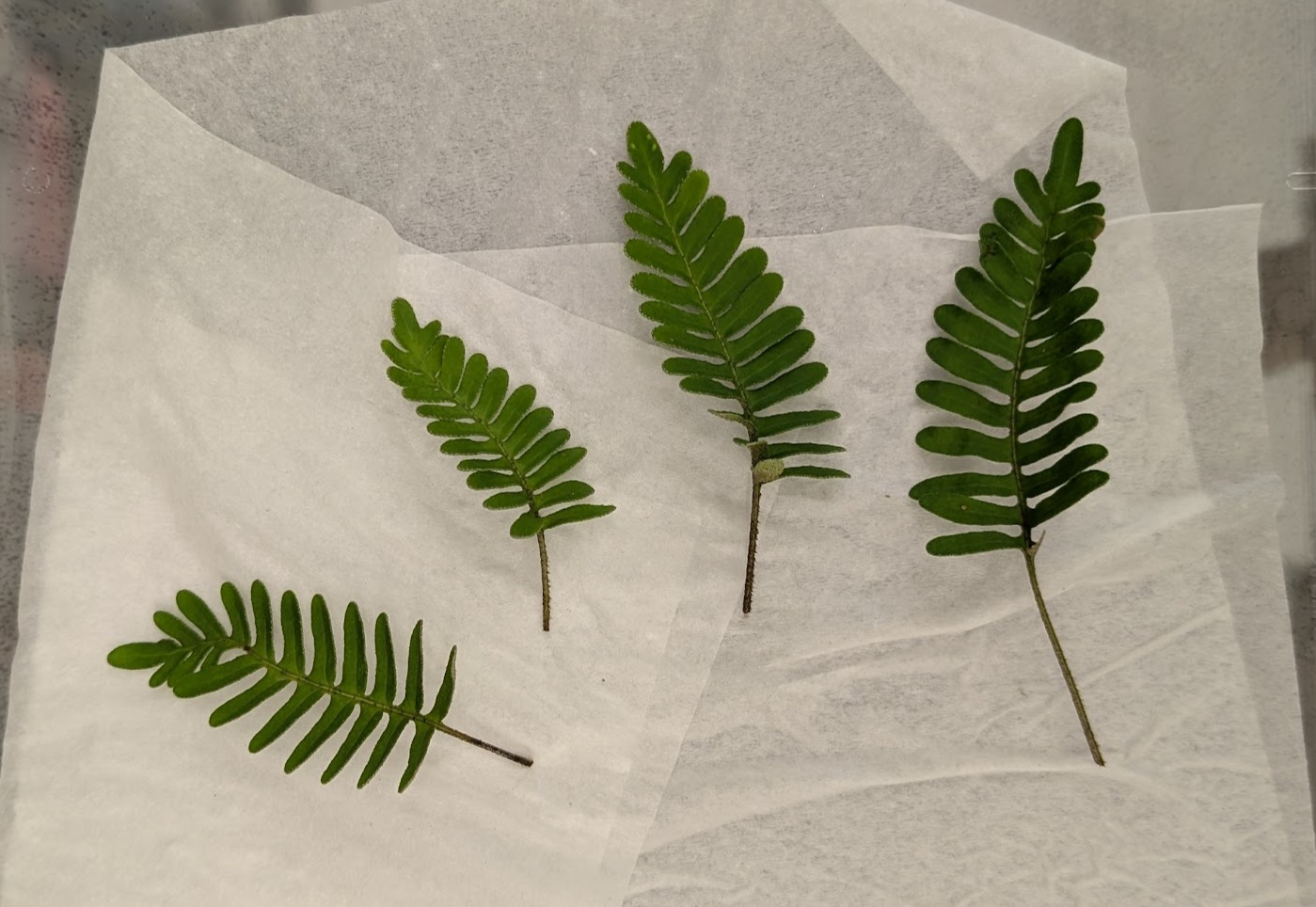
-
Date
Oct 1, 2025
- Time 12:00 PM - 1:00 PM
- Location Hybrid Seminar: BRIT Commons & Online
